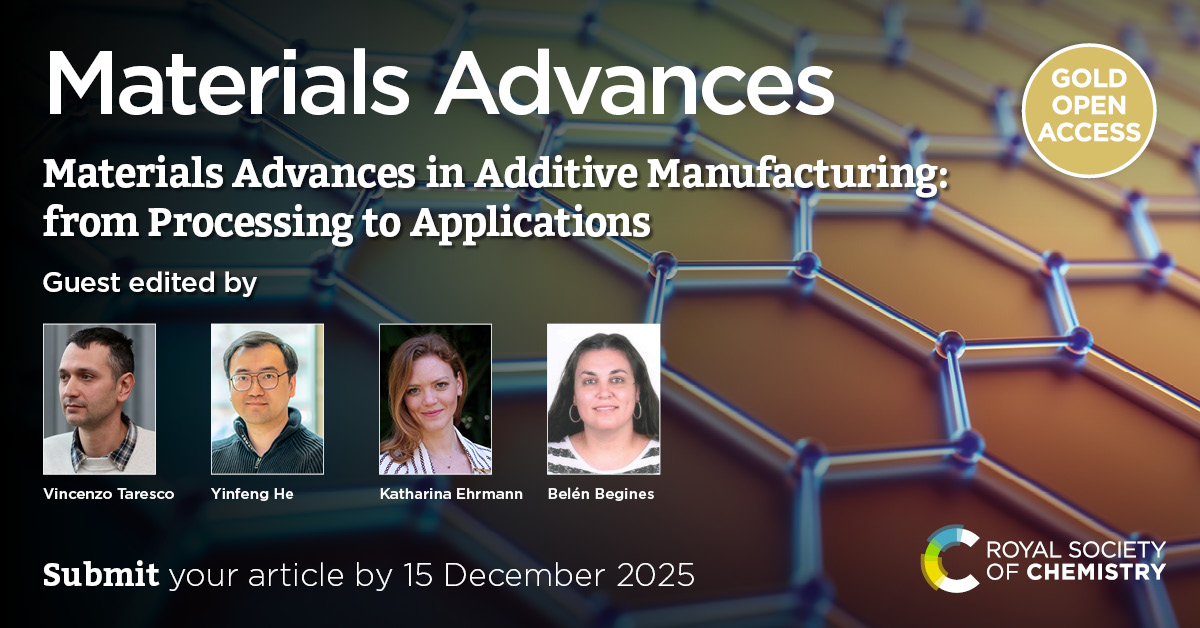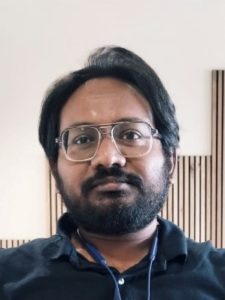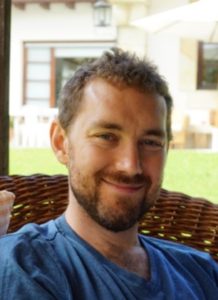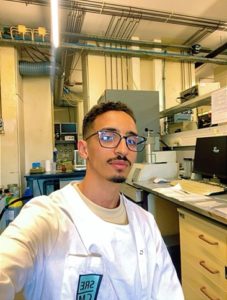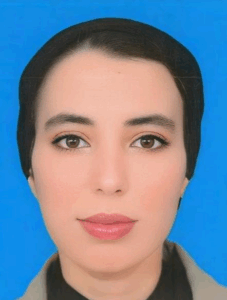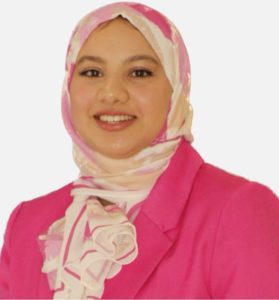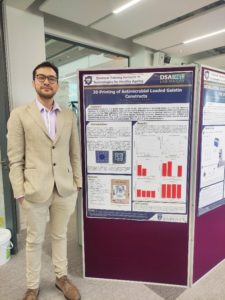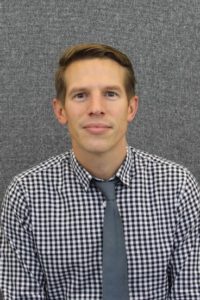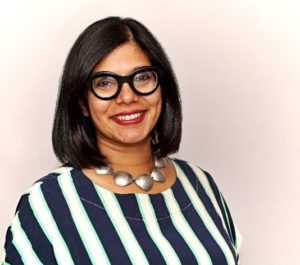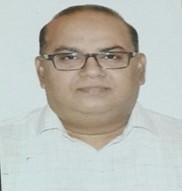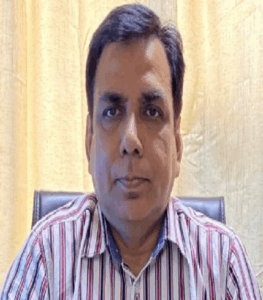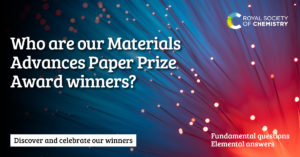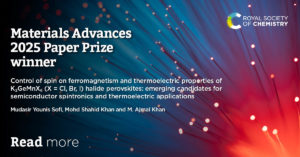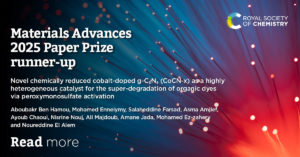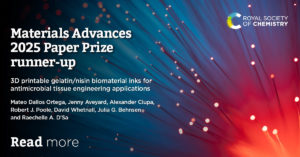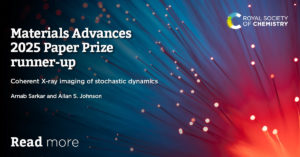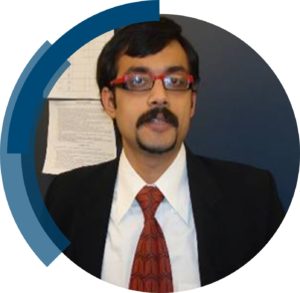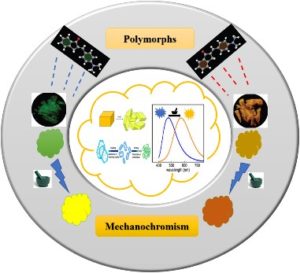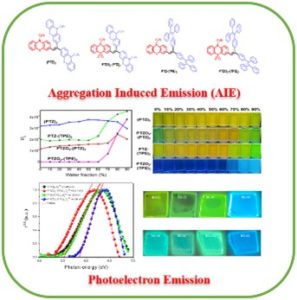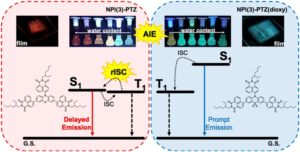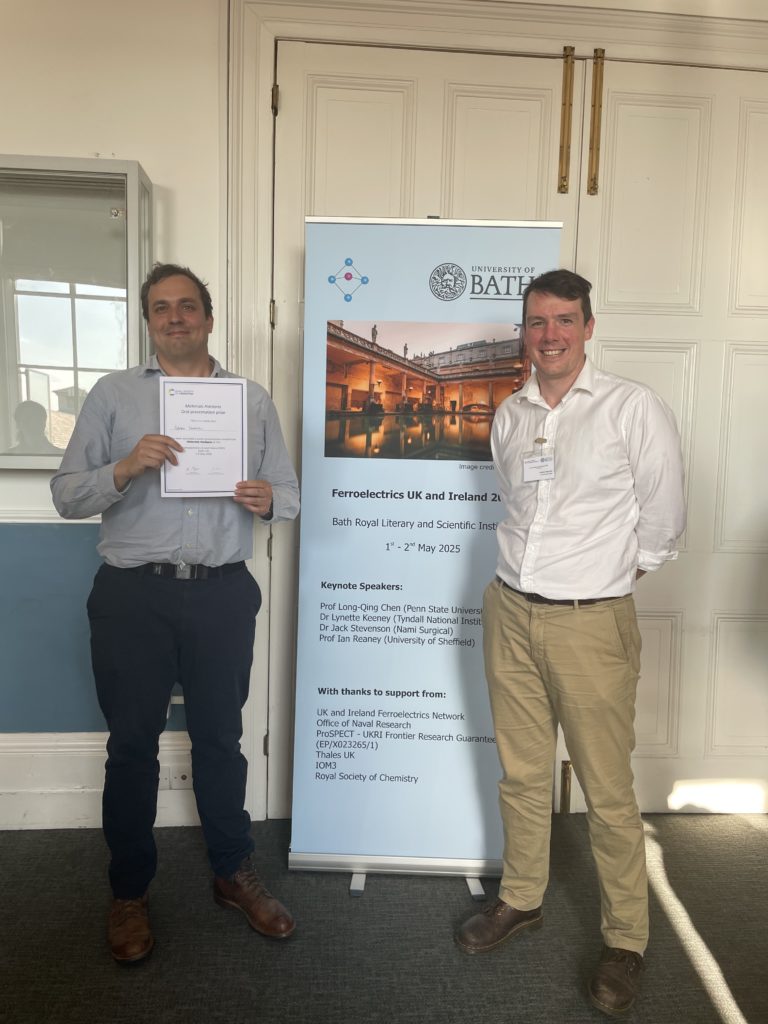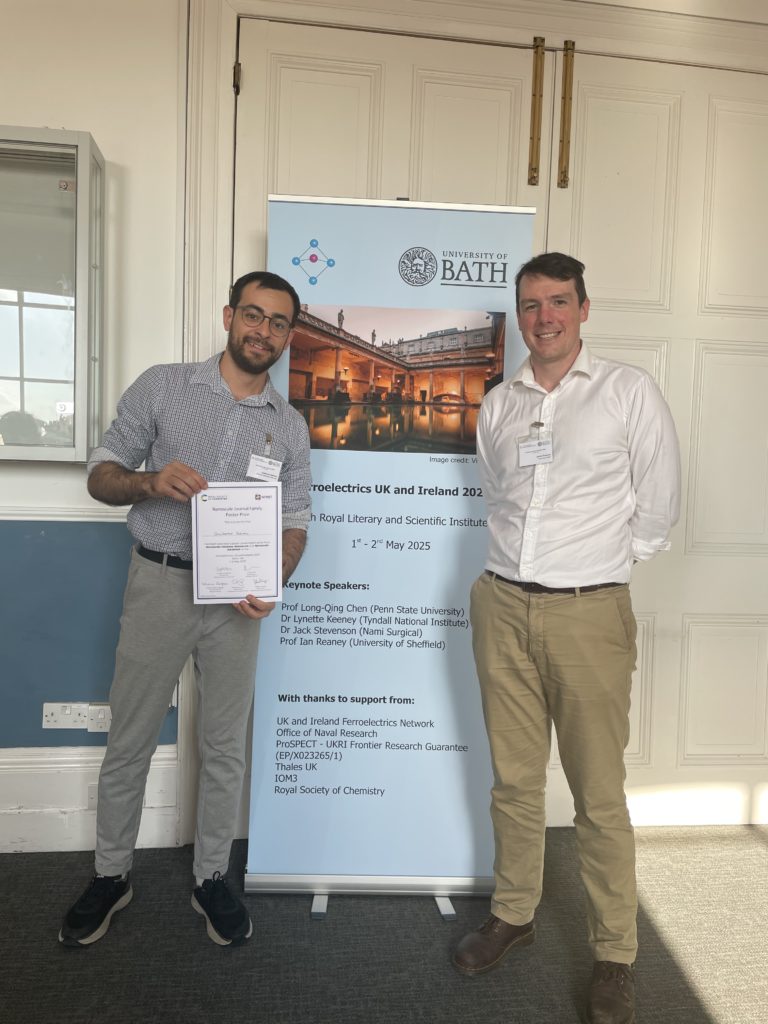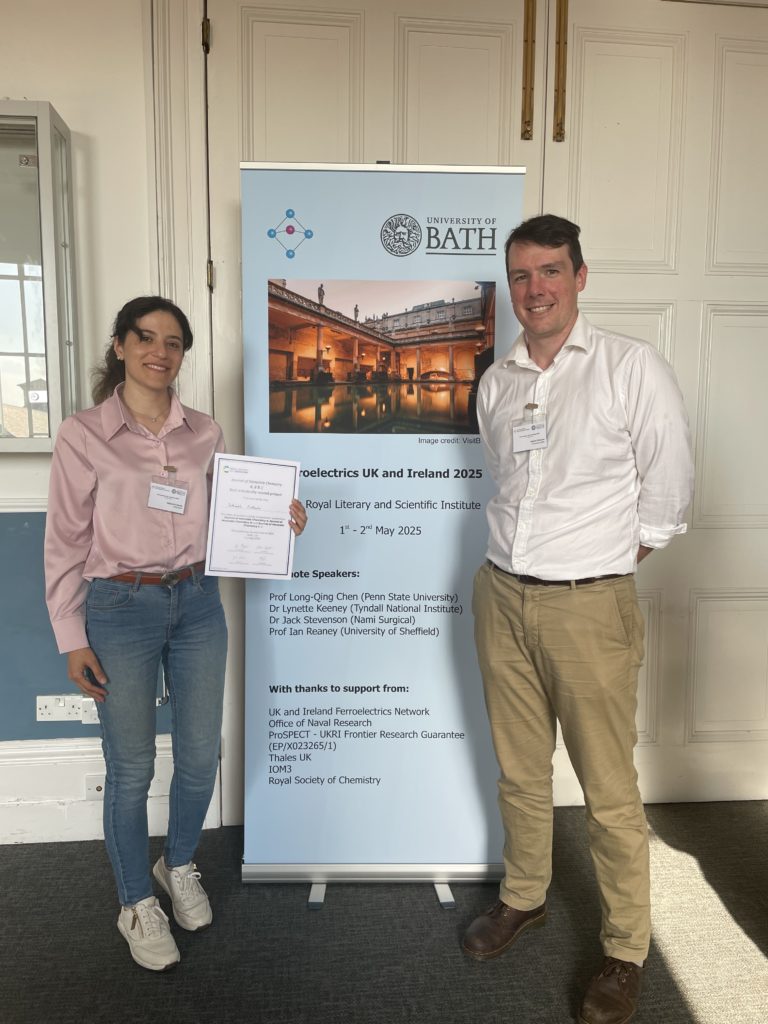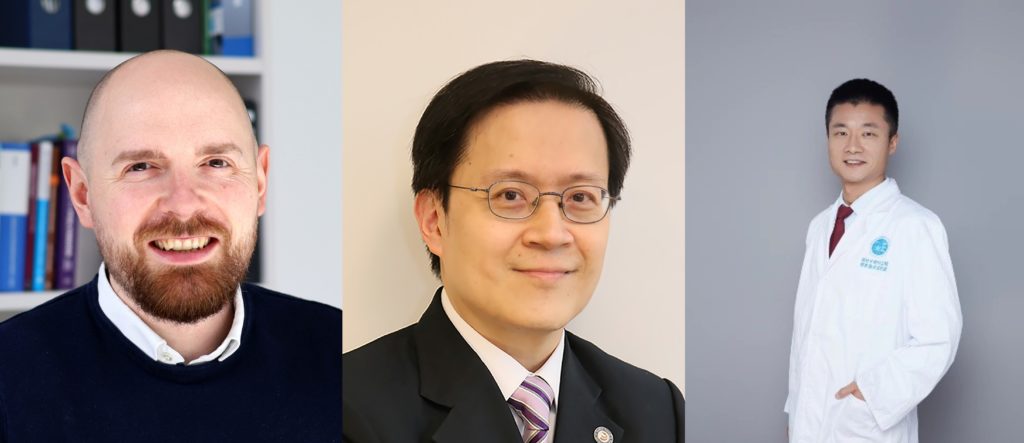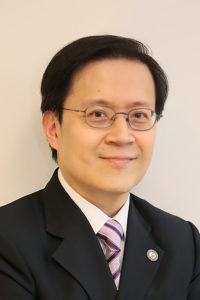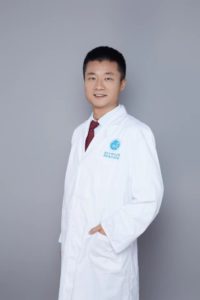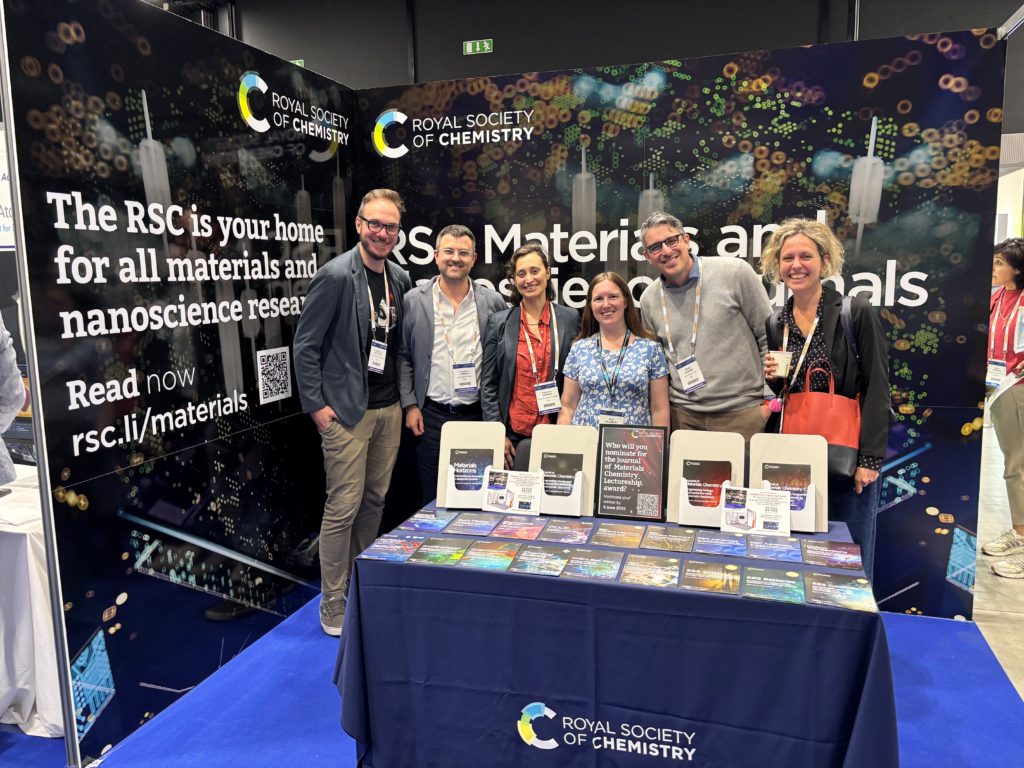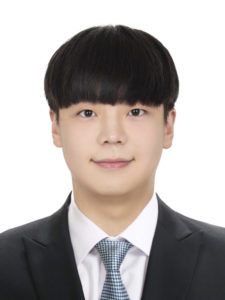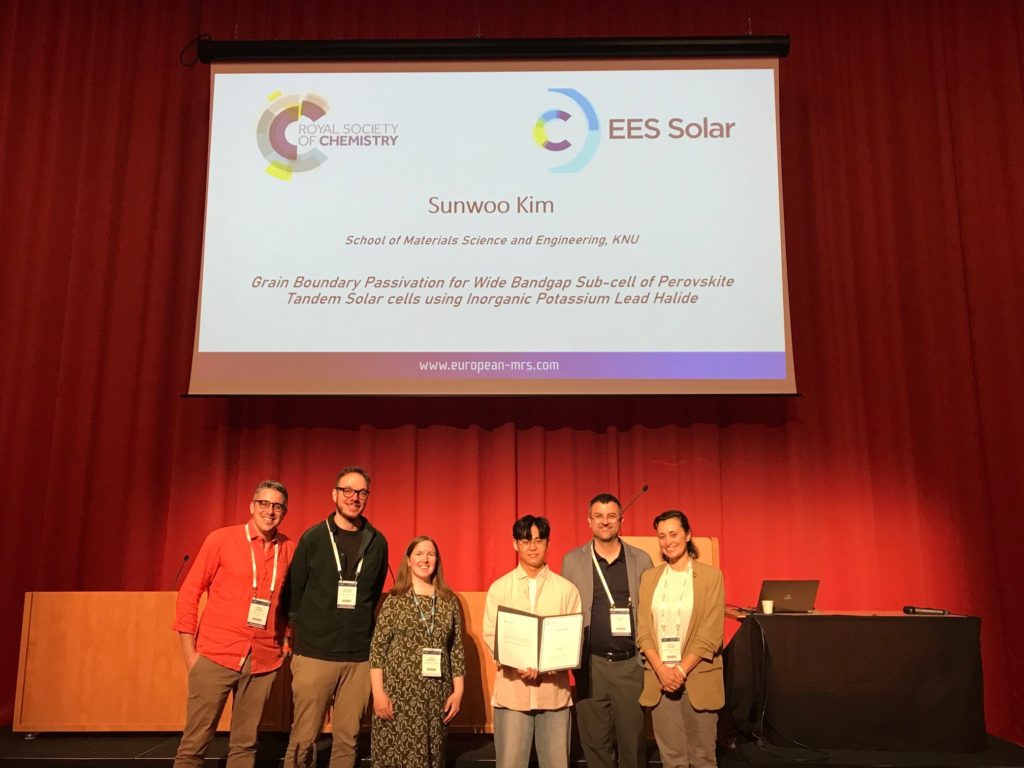We are pleased to invite you to contribute to a new themed collection on Materials Advances in Additive Manufacturing: from Processing to Applications to be published in Materials Advances by the Royal Society of Chemistry.
Materials Advances publishes quality research across the breadth of materials science. The journal is indexed in all major indexes, with an impact factor of 4.7 (2024 Journal Citation Reports, Clarivate Analytics).
We invite a broad range of submissions, including original research articles, reviews, and perspectives. Topics may include, but are not limited to:
- Design and Synthesis of Advanced Inorganic and Organic Precursors (e.g., Photoinitiators, Metals, Alloys, Crosslinkers, Monomers and Macromonomers, among others): Development of new chemistries specifically tailored for additive manufacturing.
- Stimuli-Responsive and Functional Materials: Engineering of materials with dynamic, adaptive properties that respond to external triggers, supporting advanced applications in biomedicine, electronics, and environmental technologies.
- Innovative Printing and Characterisation Techniques: Advancement of printing methodologies, including but not limited to volumetric and multi-material 3D printing, and characterisation tools for assessing the rheological, mechanical, and functional performance of novel materials under both standard and non-standard additive manufacturing conditions.
- Biomedical and Pharmaceutical Applications: Development of biocompatible and bioactive scaffolds for use in drug delivery systems, tissue engineering scaffolds, regenerative therapies, and personalised medical devices.
- Innovative Applications of Additive Manufacturing: Utilisation of functionalised materials in diverse sectors including food-grade systems, soft robotics, wearable sensors etc.
- Sustainable and Environmentally Conscious Manufacturing: Biodegradable, recyclable, and bio-based materials that support sustainable development and circular economy principles.
- Multidisciplinary Integration and Computational Design: Computational modelling, machine learning, and simulations to predict material behaviour, optimise printability, and accelerate the discovery of new materials.
Submit before 15th December 2025
If you are interested in contributing to this collection, please get in touch with the Editorial Office.
Publishing open access with RSC journals unlocks the full potential of your research – bringing increased visibility, wider readership and higher citation potential to your work. As a not-for-profit organisation serving the chemical sciences community, we ensure that our article processing charge (APC) remains the most competitive of major publishers. More details can be found here and the standard APC for Materials Advances is £2,100 (+local taxes if applicable). There is a 15% RSC member and RSC open access agreement discount available (applicable to full price only). You can also use our journal finder tool to check if your institution currently has an agreement with the RSC that may entitle you to a discount of the APC.
This themed collection is Guest Edited by:
Dr Vincenzo Taresco, University of Nottingham, ORCID: 0000-0003-4476-8233
Dr Yinfeng He, University of Nottingham Ningbo China, ORCID: 0000-0003-0325-8675
Dr Katharina Ehrmann, Technische Universität Wien, ORCID: 0000-0002-0161-0527
Dr Belén Begines, University of Seville, ORCID: 0000-0002-1513-7443


